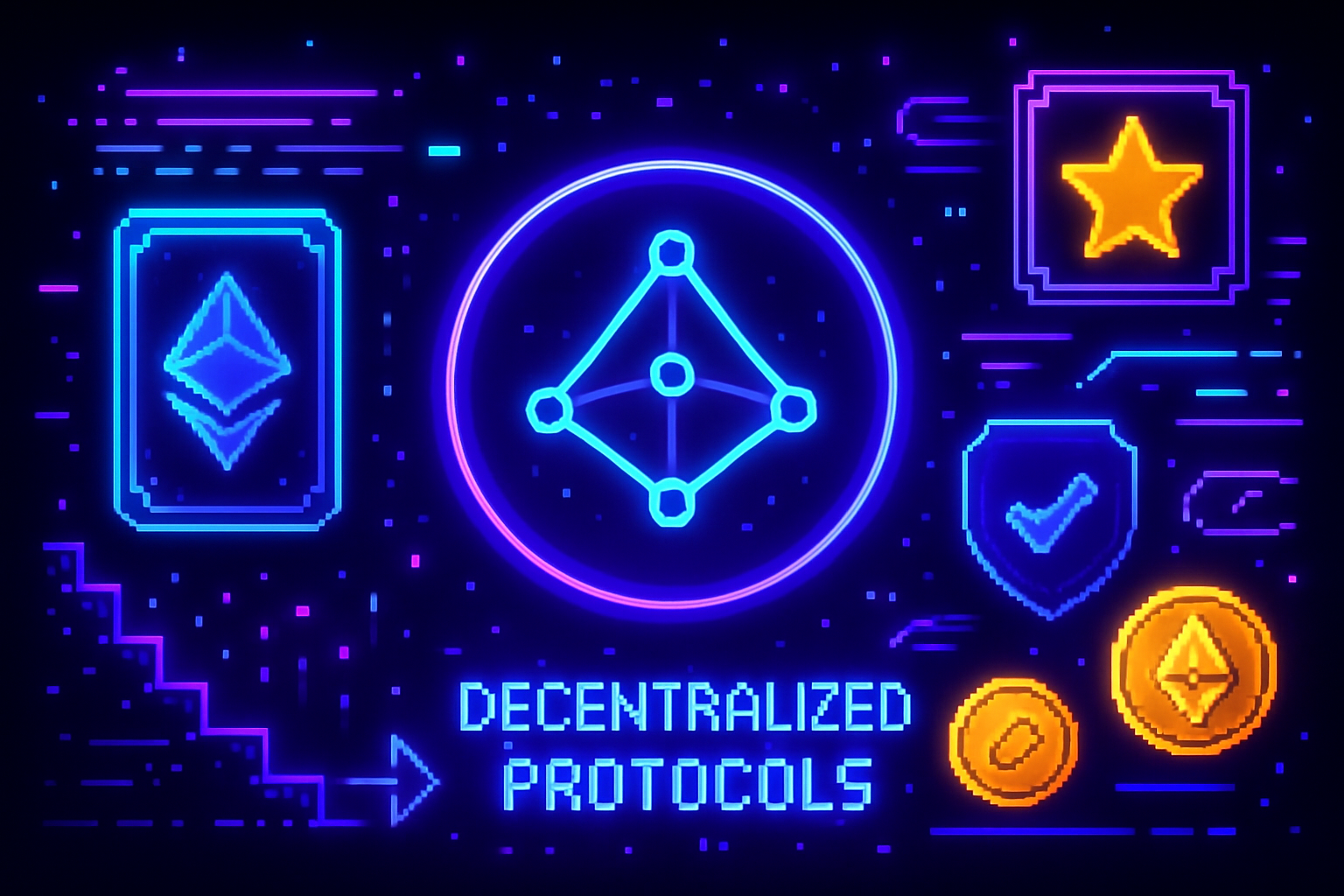
The rapid expansion of decentralized finance (DeFi) and blockchain-based applications has brought identity verification to the forefront of Web3 innovation. Traditional Know Your Customer (KYC) processes are often repetitive, siloed, and intrusive, creating friction for users and compliance headaches for platforms. idOS network addresses these challenges by delivering a portable KYC solution that empowers individuals with self-sovereign identity, enabling seamless onboarding across multiple blockchains while preserving privacy and security.
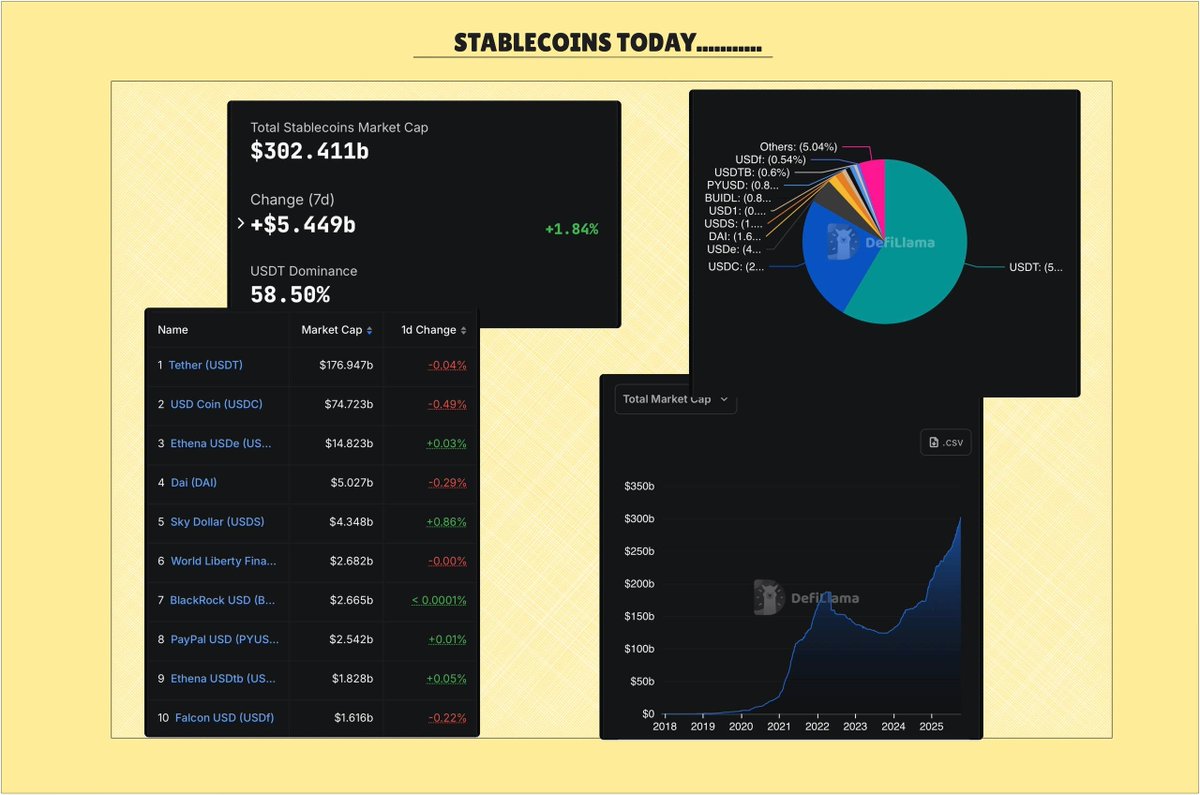
Understanding Portable KYC: The idOS Approach
At its core, portable KYC refers to a user’s ability to verify their identity once and reuse those credentials across various decentralized applications (dApps) and blockchain ecosystems. The idOS network is engineered as an open-source, chain-agnostic protocol designed to deliver exactly this capability. By leveraging decentralized identity wallets, idOS enables users to maintain full control over their personal information while satisfying regulatory requirements.
This approach represents a significant departure from legacy systems. Instead of entrusting centralized exchanges or platforms with sensitive documents repeatedly, users store encrypted credentials in a decentralized network of nodes. Access is managed via cryptographic permissions, users decide which dApps can view or use their data at any time, with the ability to revoke access instantly.
Key Features Powering Multi-Chain Identity
- Self-Sovereign Identity Management: Users retain ownership of their data through decentralized identity wallets, no central authority can unilaterally alter or access personal information.
- Decentralized Storage: Personal data is distributed across a secure network rather than held in vulnerable silos, reducing risks associated with single-point failures or data breaches.
- Multi-Chain Support: idOS supports EVM chains (like Ethereum), non-EVM chains (such as NEAR and XRPL), and over 40 blockchain environments. This interoperability ensures users can interact with diverse DeFi protocols using the same verified credentials.
- MPC-Powered Privacy: Advanced cryptography such as Multi-Party Computation (MPC) allows for regulatory compliance without exposing raw user data to platforms or third parties.
- User-Friendly Onboarding: Features like FaceSign enable biometric authentication for account recovery, eliminating passwords or seed phrases while maintaining robust security standards.
The User Experience: One-Time Verification for Web3 Access
The hallmark of idOS’s value proposition is its single verification process. Once a user completes their KYC check through an integrated provider or dApp supporting idOS, their credentials are stored securely in an encrypted format within the decentralized network. From that point forward, these credentials become reusable assets, users can share them with any compatible dApp without resubmitting documents, taking selfies, or waiting for manual approval each time they wish to interact with a new protocol.
This model dramatically streamlines onboarding for DeFi platforms, NFT marketplaces, stablecoin issuers, and beyond. For example, an individual who verifies on one DeFi lending platform can immediately access others that support the idOS protocol, no redundant forms or delays required. This not only enhances convenience but also strengthens privacy by minimizing unnecessary data exposure.
Ecosystem Integration: Unlocking New Possibilities Across Chains
The true strength of portable KYC lies in its cross-chain compatibility. The idOS network’s architecture is designed for broad adoption across EVM-compatible chains like Ethereum as well as emerging networks such as NEAR Protocol and XRPL. This interoperability means that whether a user wants to participate in an Ethereum-based DEX or a NEAR-powered NFT marketplace, the same set of verified credentials suffices.
This multi-chain reach is particularly impactful for developers aiming to build compliant yet privacy-first dApps without sacrificing user experience. By integrating idOS’s reusable identity infrastructure, projects can offer frictionless onboarding while adhering to global regulatory standards, a critical advantage in today’s rapidly evolving digital asset landscape.
For end users, this translates to a consistent, privacy-preserving identity experience that adapts to the unique requirements of each blockchain ecosystem. Whether interacting with EVM identity on Ethereum, NEAR identity protocols, or XRPL-based wallets, individuals retain granular control over credential sharing and data permissions. This flexibility is foundational for realizing the vision of self-sovereign identity in Web3.
Real-World Impact: Portable KYC Use Cases
The adoption of portable KYC via idOS is already reshaping onboarding and compliance across decentralized finance and beyond. Consider these practical scenarios:
Key Use Cases for idOS Portable KYC in Web3
-
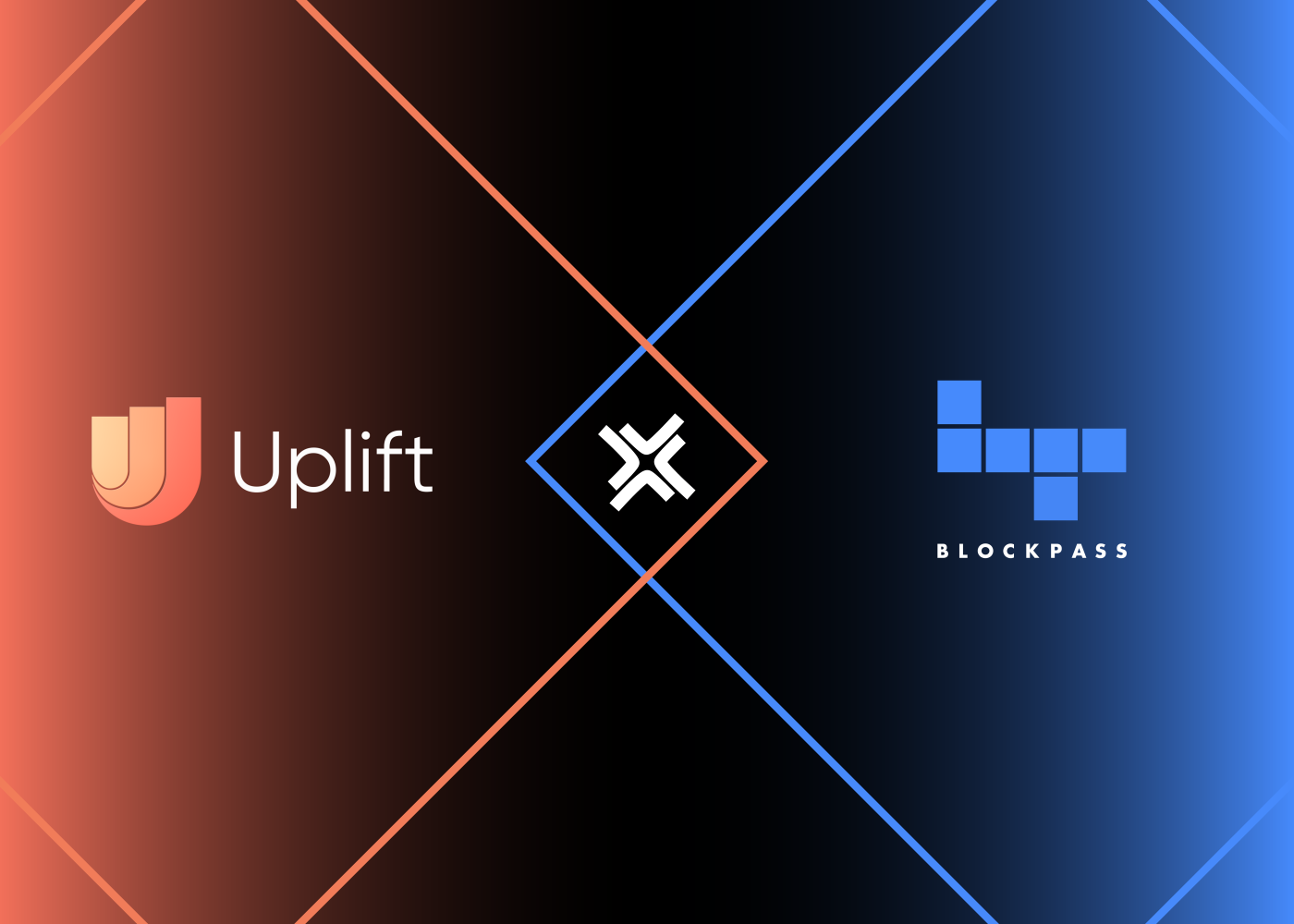
Streamlined Onboarding for DeFi Platforms: idOS enables users to complete KYC verification once and access multiple DeFi protocols—such as Aave, Uniswap, and Compound—without redundant identity checks, significantly reducing onboarding friction.
-
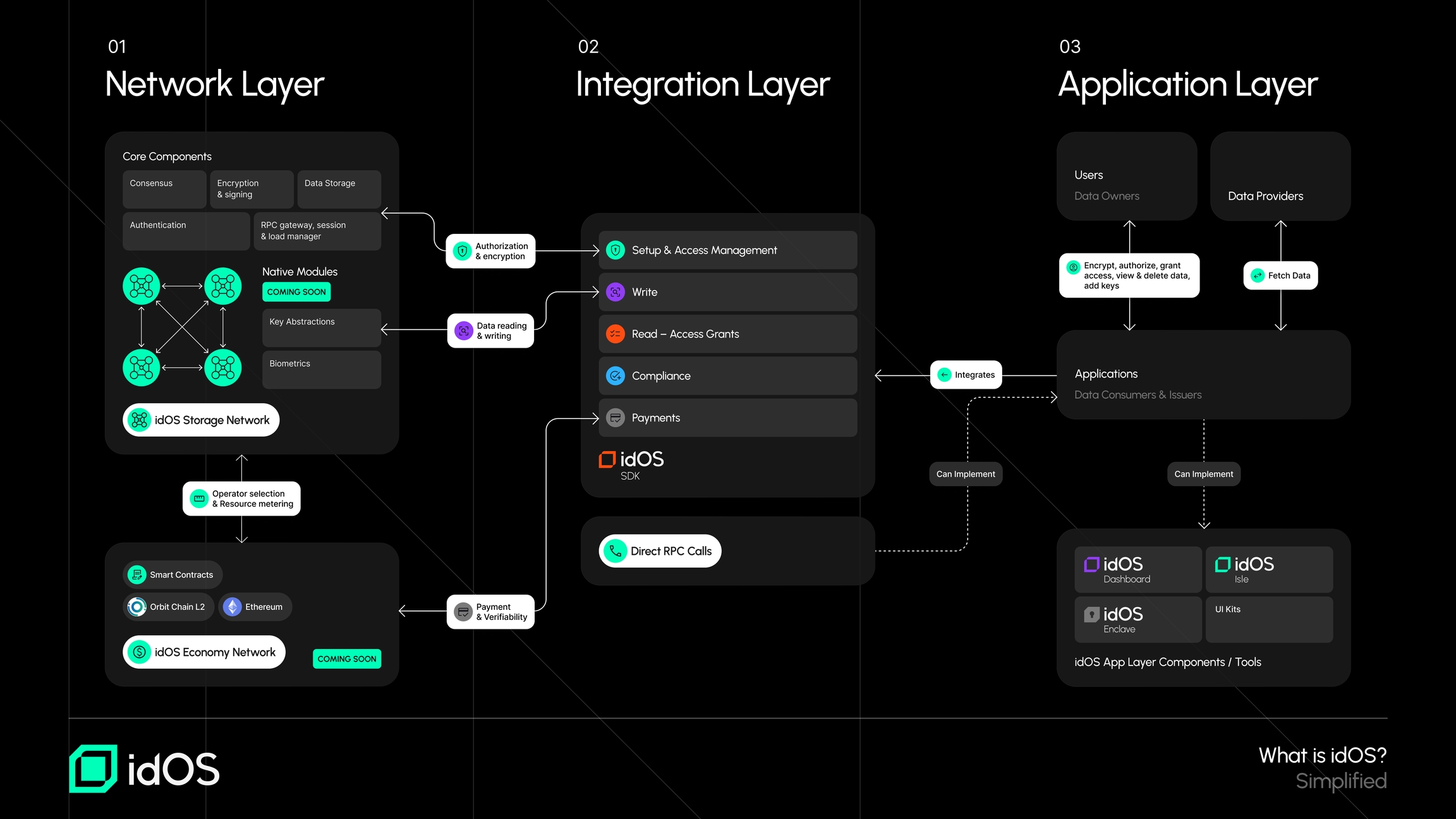
Compliant Stablecoin Transactions: Stablecoin issuers like Circle (USDC) and Tether (USDT) can leverage idOS to verify users’ identities in a privacy-preserving manner, ensuring regulatory compliance across chains while maintaining user control over personal data.
-
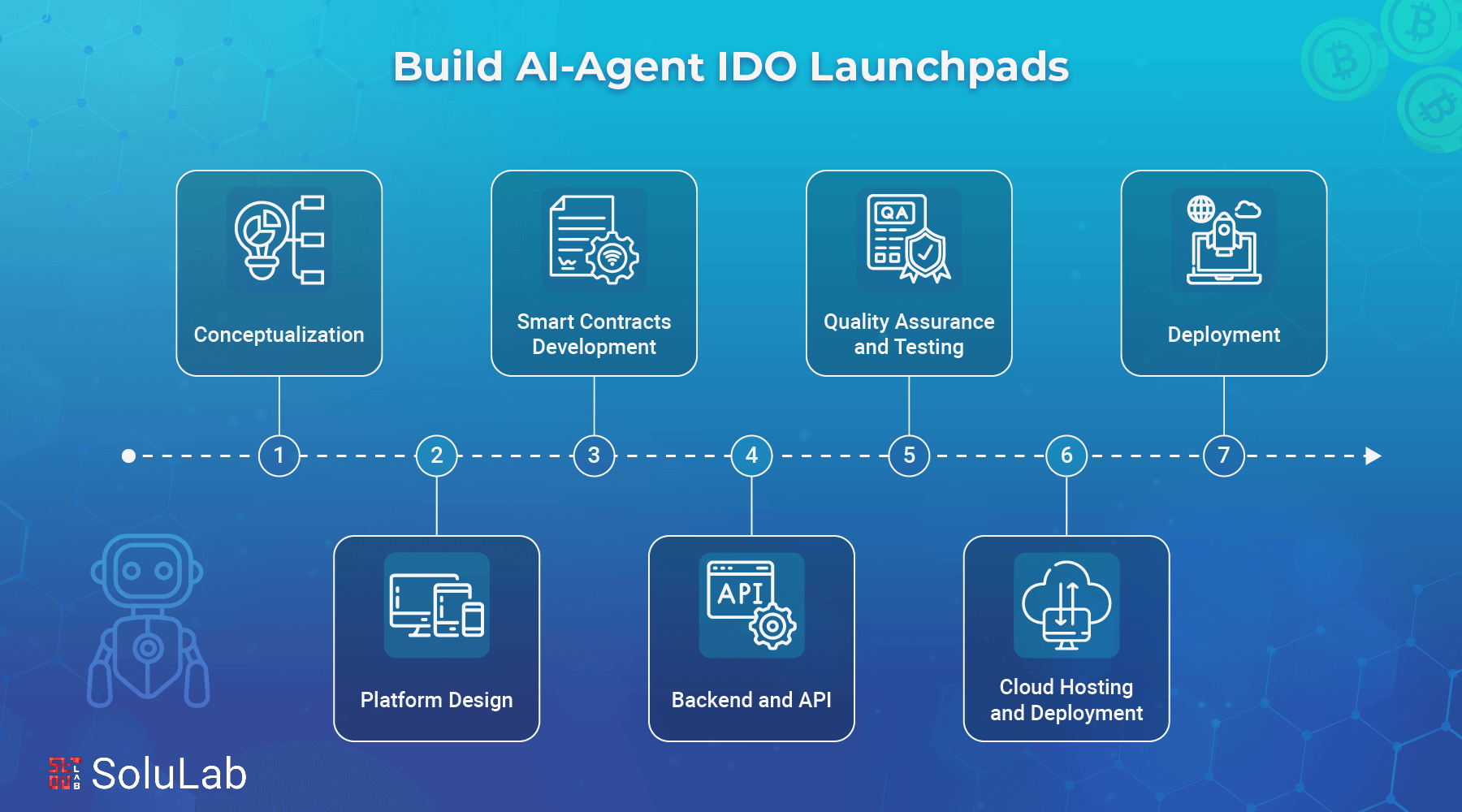
Cross-Chain NFT Marketplace Access: NFT platforms such as OpenSea and Magic Eden can integrate idOS to allow verified users to trade digital assets across multiple blockchains, eliminating repeated KYC processes and enhancing marketplace trust.
-
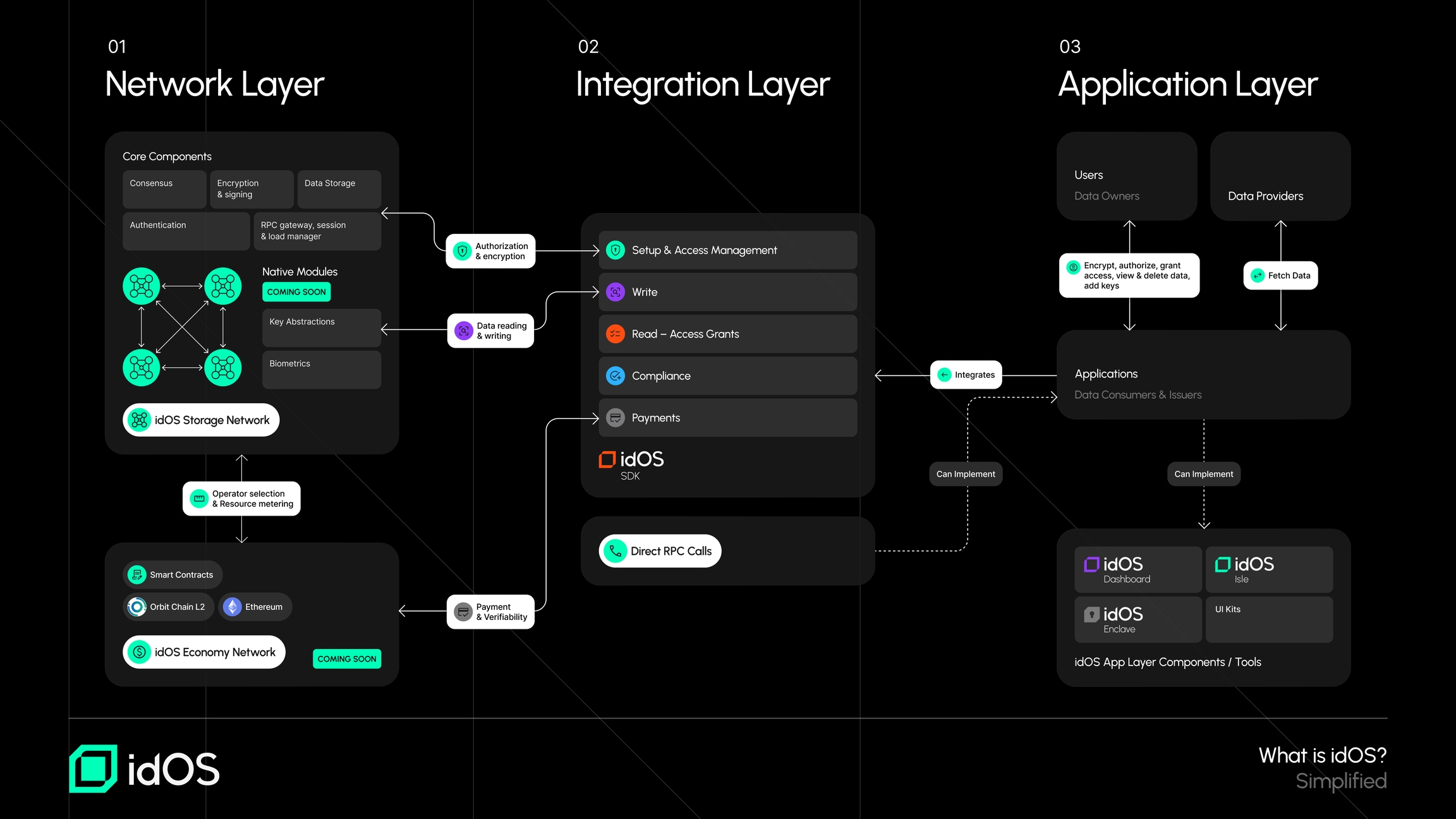
Secure Multi-Chain Wallet Authentication: Decentralized wallets like MetaMask, Trust Wallet, and iwebcoin.com can utilize idOS for seamless, passwordless user authentication and cross-chain identity management, improving both security and user experience.
-
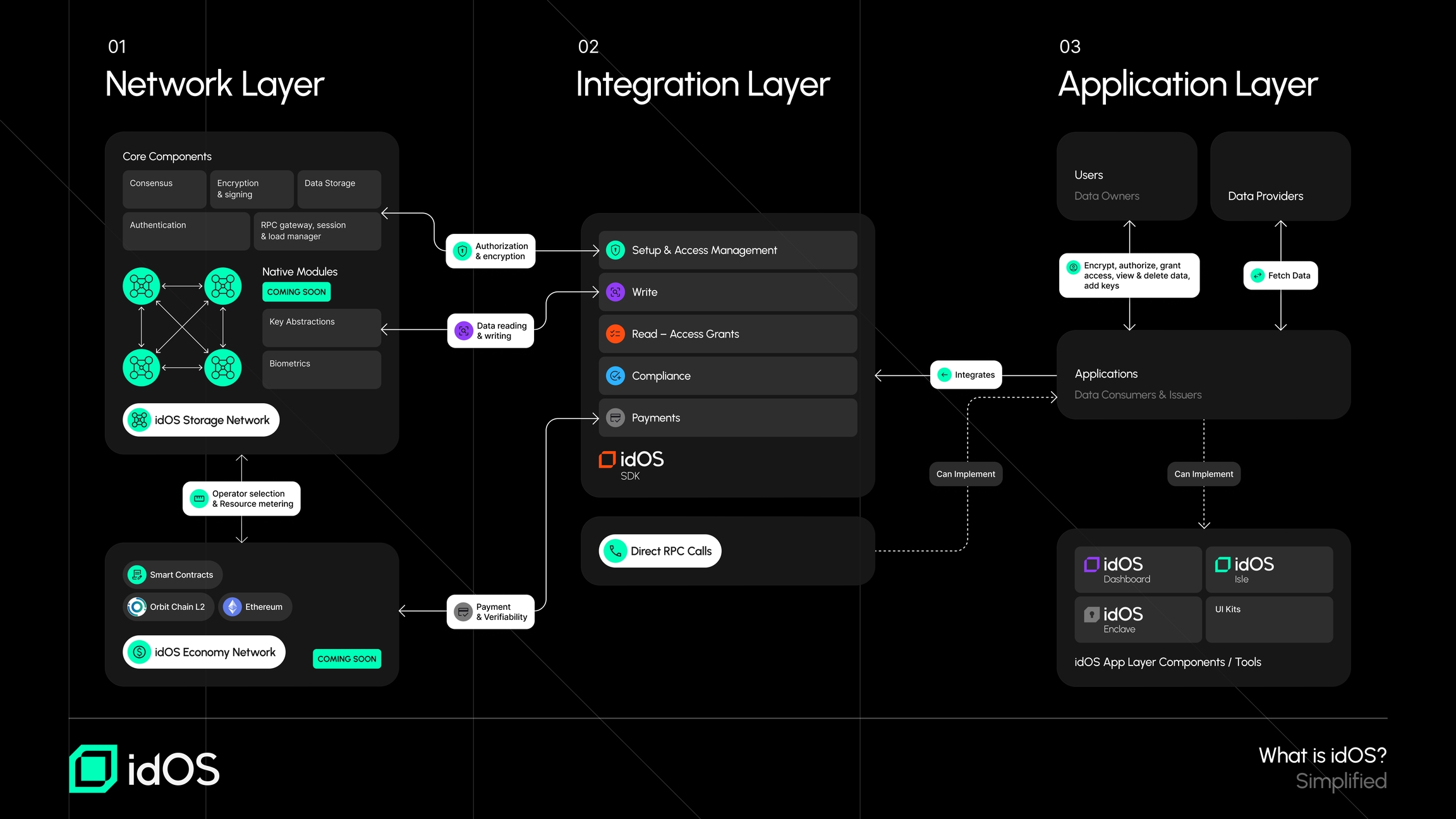
Regulatory Compliance for Decentralized Exchanges (DEXs): DEXs including Uniswap and PancakeSwap can meet global KYC/AML requirements efficiently by accepting idOS-verified credentials, enabling compliant trading without exposing raw user data.
-
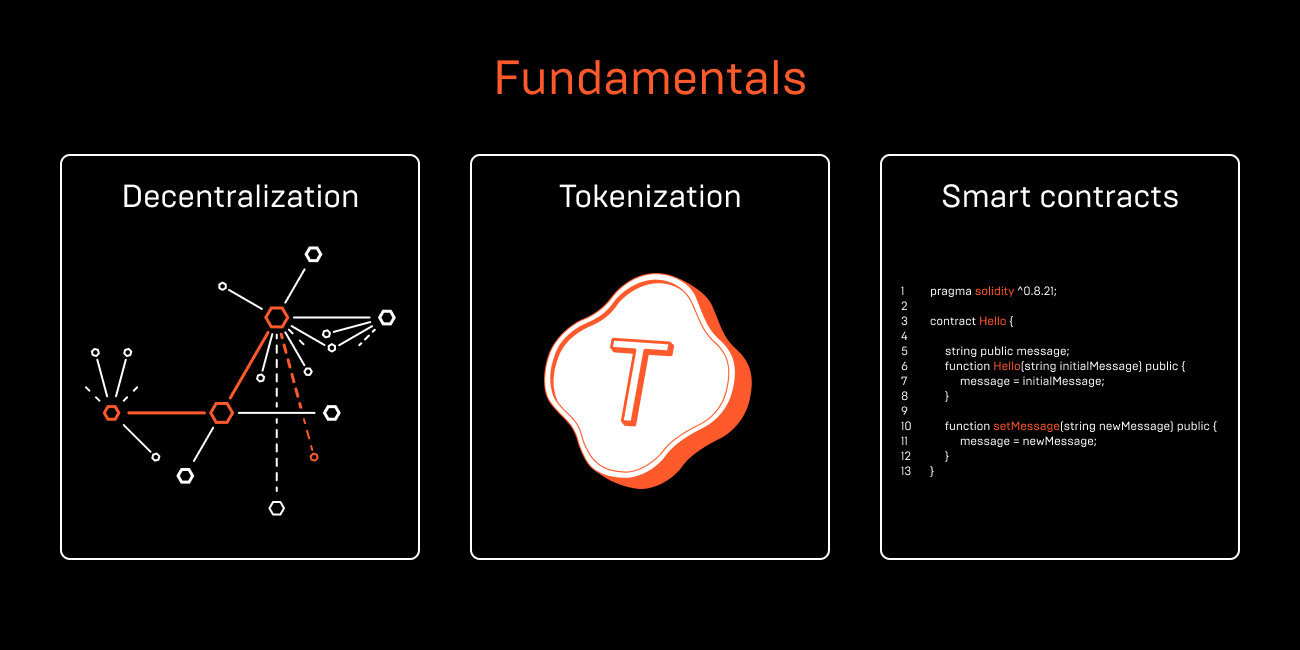
User-Controlled Data Monetization: With idOS, users retain ownership of their verified credentials and can choose to share them with third-party DeFi and NFT services, potentially earning revenue from access grants while preserving privacy.
For DeFi protocols, integrating idOS means instant access to a global user base without redundant verification cycles. Users can lend, borrow, or trade assets across platforms without friction. NFT marketplaces benefit by allowing artists and collectors to prove authenticity or meet regulatory thresholds with minimal effort. Stablecoin issuers can onboard users globally while maintaining robust AML standards, without ever directly handling sensitive user documents.
Perhaps most transformative is the opportunity for users to monetize their verified credentials. With explicit consent, individuals may grant access to their portable KYC data for third-party services and share in associated revenue streams. This not only offsets compliance costs but also incentivizes responsible data stewardship, turning digital identity into an asset rather than a liability.
Security and Privacy: Why Decentralized Identity Wallets Matter
Security remains paramount in any identity solution. The idOS network leverages decentralized storage and advanced cryptography (including MPC) to ensure that no single party can compromise user data. Credentials are never stored on centralized servers; instead, they are distributed across a resilient node network with end-to-end encryption. Users alone hold the keys to grant or revoke access at any time.
This architecture not only protects against hacks or leaks but also aligns with evolving global privacy regulations such as GDPR and emerging digital asset compliance frameworks. By minimizing unnecessary data exposure and enabling selective disclosure of credentials, idOS empowers both users and service providers to meet legal obligations without sacrificing autonomy.
Getting Started: Choosing a Decentralized Identity Wallet
Selecting the right decentralized identity wallet is crucial for maximizing the benefits of portable KYC on the idOS network. Look for wallets that support multi-chain environments (EVM chains, NEAR, XRPL), offer intuitive interfaces for managing permissions, and integrate biometric recovery options like FaceSign.
Developers interested in building compliant dApps should prioritize solutions with robust SDKs and clear documentation supporting seamless integration of reusable credentials. For further insights into implementation strategies and best practices in this space, see our comprehensive guide on how idOS enables reusable KYC across 40 blockchains.
“The era of repetitive KYC is over, you verify once with the idOS network and securely use your credentials everywhere. “
The future of digital identity lies in empowering individuals, not intermediaries, with control over their credentials while ensuring compliance at scale. As adoption accelerates across DeFi platforms, NFT markets, stablecoins, and beyond, idOS’s privacy-first approach stands out as a model for secure multi-chain onboarding in Web3.






